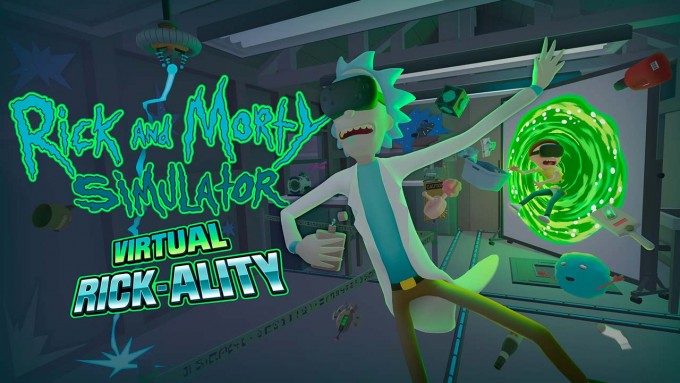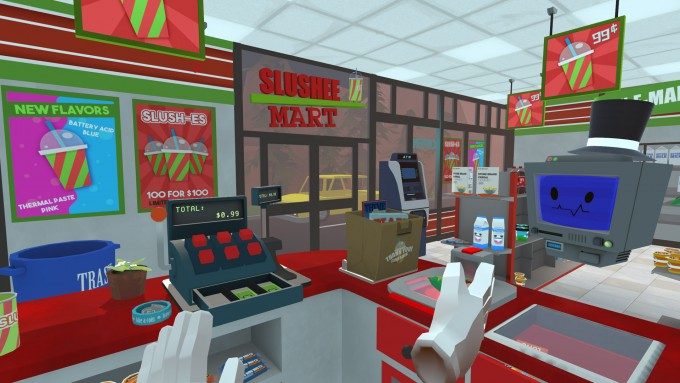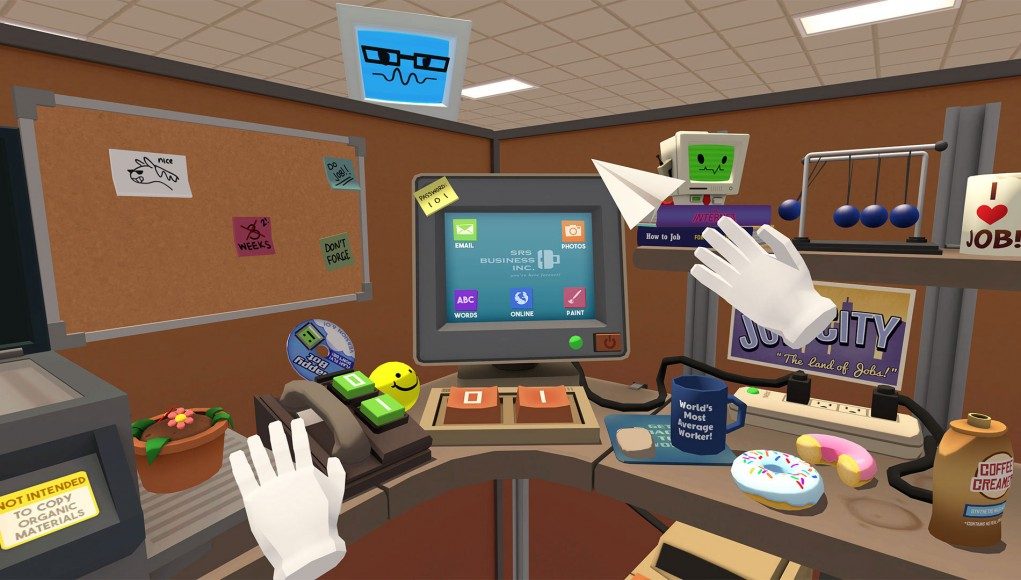In an interesting move, Google has acquired Owlchemy Labs, makers of the multi-platform hits Job Simulator (2016) and Rick and Morty: Virtual Rick-ality (2017).
As far as VR game studios go, Owlchemy Labs is not only one of the most senior, but one of the most successful out of the gate. While in no small part due to the fact that the studio’s breakout success Job Simulator was available at launch for HTC Vive, PlayStation VR and then later Oculus Touch, the company has become well-known for tackling some of the early problems in VR like creating believable, 1:1 object interaction. Of course, it’s not only a primo spot at launch and some refined mechanics that helped generate over $3M in sales for Job Simulator—the game is also worth plenty of laughs.
And the same goes for their latest game, Rick and Morty: Virtual Rick-ality, which utilizes the same type of object-based interactions set to the ridiculous and off-beat stylings provided by show maker Justin Roiland.

But what does Google have in store? Are they going to be bankrolling VR games, acquiring more studios to produce a fleet of Google-made content, or do they have something else up their sleeves? Healthy speculation time: The reason for acquiring Owlchemy Labs may have had more to do with their unique understanding of VR interaction design.
The studio hasn’t shied away from experimenting with entirely new types of UI, in-engine mixed reality solutions, and creating a robust object interaction format upon which more VR content of all types, be it games or otherwise, can be produced. Having that, including the talent that created it, could be a serious asset in creating grander, wider-reaching VR applications in the march forward towards mass adoption.
Owlchemy says via the blogpost announcement that the acquisition means the studio will continue building VR content for platforms like the HTC Vive, Oculus Touch, and PlayStation VR. This most importantly includes a focus on hand interactions and high quality user experiences.

Google says that together, they’ll be “working to create engaging, immersive games and developing new interaction models across many different platforms to continue bringing the best VR experiences to life.”
Owlchemy sums it up: “We both believe that VR is the most accessible computing platform and that there’s a ton of work to be done, especially with regards to natural and intuitive interactions. Together with Google, with which we share an incredible overlap in vision, we’re free to pursue raw creation and sprint toward interesting problems in these early days of VR.”
We’ll no doubt see more from Owlchemy Labs in the years to come, and while we can’t say just yet what Google has in mind regarding the acquisition, one thing is for sure: whatever comes out of it is going to be exciting, ridiculous and absurdly polished.







